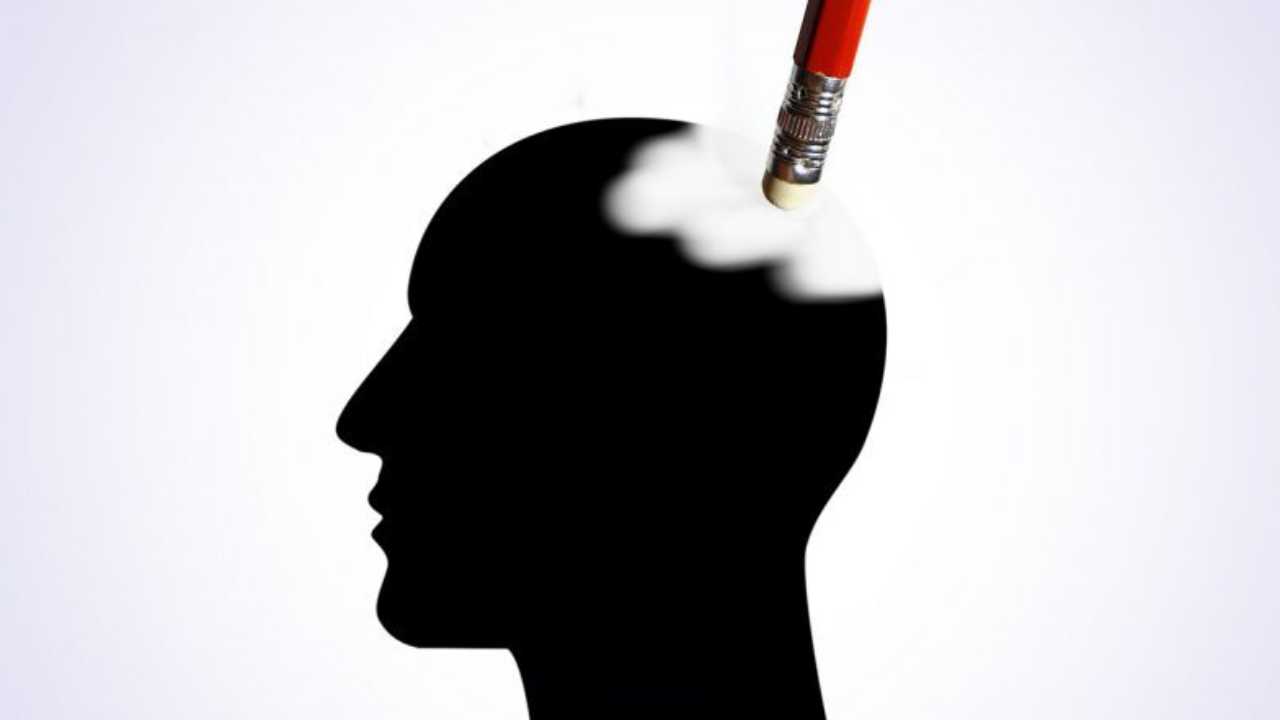Since the beginning of this year, the coronavirus pandemic has gripped the world. 2020 is coming to an end, but COVID-19 cases continue to rise. More than 45 million people around the world have contracted this deadly disease and claimed 1 million lives!
Although many people have recovered from the disease, the worry does not end there. Many patients have post-COVID symptoms, which will continue to exist after the patient recovers from the coronavirus.
One of the symptoms listed is brain fog. At the same time, a lot of research is conducted to understand the virus, its treatment methods, vaccine development and post-COVID care.
Let us understand the meaning of brain fog. How long have you been immunised after recovering from COVID-19? The CDC clarifies that coronavirus immunity is still a mystery.
In early October, one of the studies found that people recovering from COVID-19 infection may experience “brain fog” and other neurological symptoms. These are related to post-traumatic stress disorder (PTSD), which has been observed in past human coronavirus outbreaks such as SARS and MERS.
In brain fog, people have difficulty concentrating, headaches, anxiety, fatigue, or sleep disruption.
What is Brain Fog?
Brain fog is not a medical term, but a colloquial term. It describes a person’s inability to have a sharp memory and stable concentration. People cannot think clearly, which may lead to other medical problems and complications. People cannot get a dedicated sound sleep time, which will also affect the function of the next few days. The memory may not be lost, but the recall value will be affected.
Some of the other Post-COVID19 Symptoms:
Many doctors and researchers pointed out the neurological effects of the virus. According to research, one-third of infected people report neurobehavioural symptoms. The long-term effects of the coronavirus can affect other body systems such as the pulmonary (affecting the lungs), cardiac (heart-related) and mental health.
The patient experienced chest pain, breathlessness, fatigue and abnormalities in their heart rate.
The study also found that COVID-19 patients can suffer long-term lung and heart damage. In addition to these physical effects, a person’s mental health is also affected. First, they get sick due to fear and anxiety and recover from the disease, and then they face social stigma in society after recovery.
For people who are completely isolated and far away from their families, loneliness is another matter. All of these can affect a person’s mental health.


















